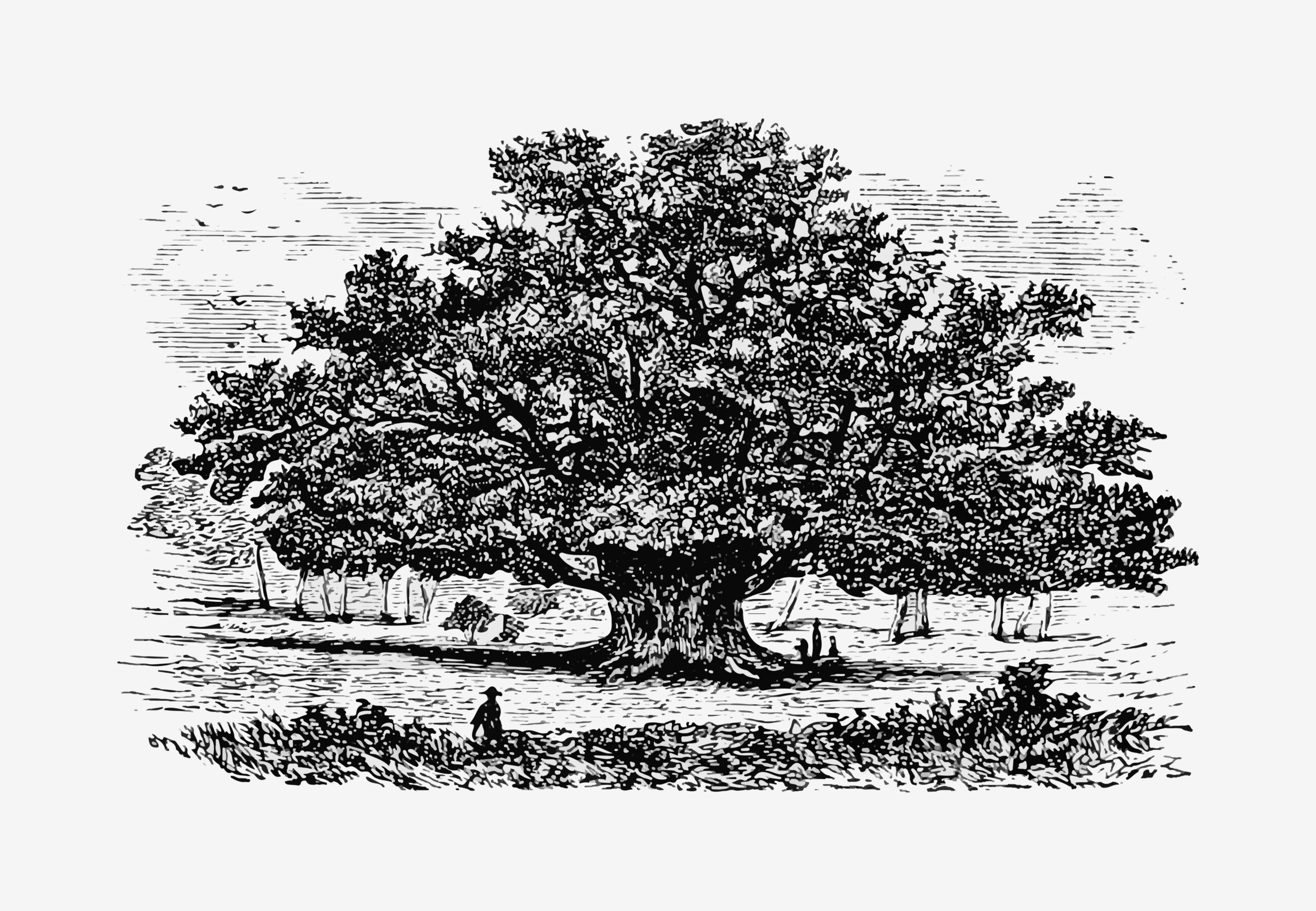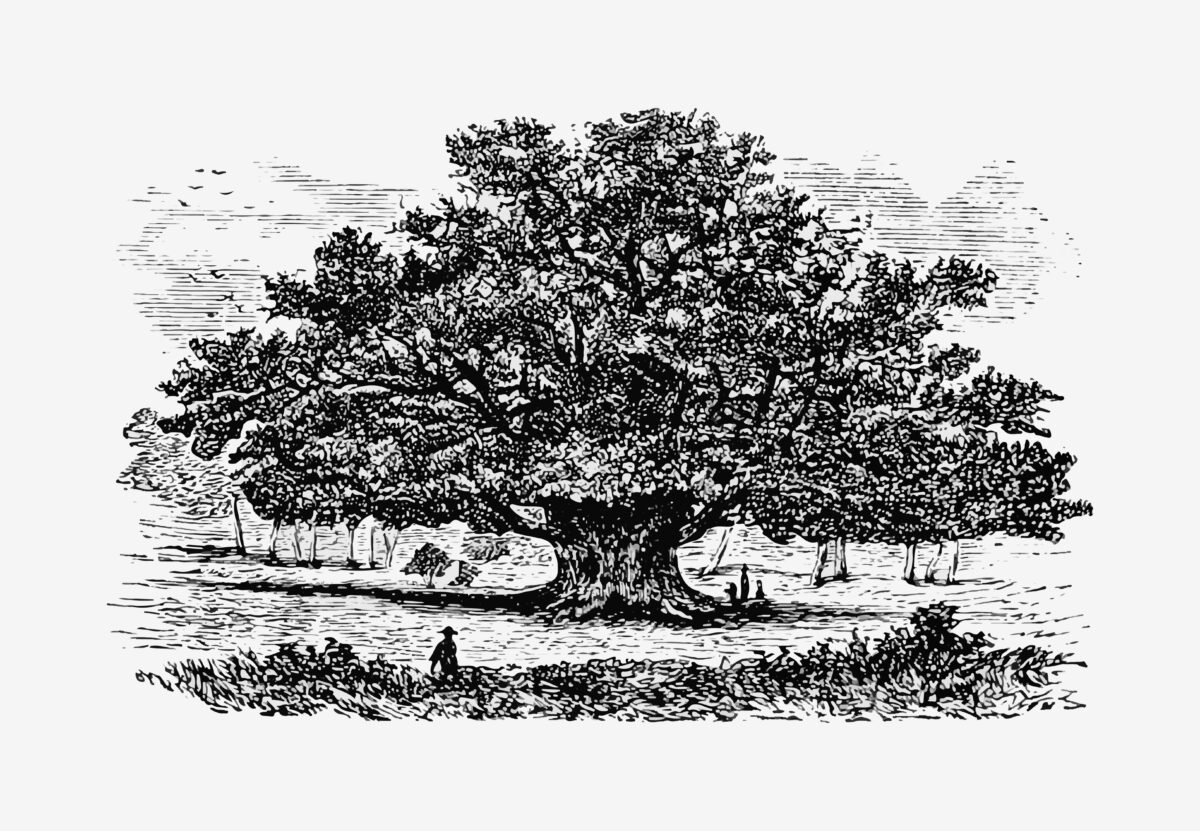
This is just the editorial from the T4CG Newsletter Lent 2025. To view the full version click here
Forgive each other
Dear Friends
Welcome to the Lent edition of the T4CG Newsletter, especially to our new subscribers.
It was Ernest Hemingway who famously said, “change happens slowly then all at once.” We are undergoing, as Pope Francis has said, “not just an epoch of change, but a change of epoch.” He has described this as a process of being stripped of “false securities.” It is no longer possible to “complacently enjoy” the illusions of the old era. It is no longer credible to continue with the assumption that governments have adequately represented us, or that the socio-economic model we’ve been living with can underwrite a flourishing life for all.
The upheaval we are now experiencing was foreseen by those who understood the inherent logic of the dying system, its devastating consequences for the human being, for families and communities, and its assault on relationship. They understood the profound disconnect it generated between ordinary working people and an arrogant governing class that presided over the corruption of our moral, social and economic life for the past forty years. As a new geopolitical order emerges from the wreckage, many still cling to the assumptions of that failed system.
What comes next is uncertain and the speed of events affects our capacity to discern wisely. Things are not obvious and could even turn out to be the opposite of what they seem. We should want to proceed carefully – not easy when there is so much social pressure to take a position.
These are days of temptation. Powerful forces are luring people into tribal groups. When dissent in our social circles meets with suspicion we are tempted to self-censor. We may hesitate for fear of provoking disagreement. But as Christ warned us against seeking the esteem of men rather than God, we must disentangle ourselves from distractions and look for truth, however little social approval this receives.
In this time of spiritual warfare, we are called to withdraw from the gaze of others, to discern alone with God – to “go into your room, close the door and pray.” We are not to engage in performative acts to prove our virtue: as the prophet Joel said to the people of Judah, “rend your hearts, and not your garments, and turn to the Lord your God.”
The devil tempted Jesus in the wilderness with the promise of worldly power. We too have been tempted for years to align with the propaganda of the globalisation project. As Jesus refused to make bread from a stone, so we must reject the lies that have been pushed on us, that consumerism will meet our real needs; that a zero hours’ contract will sustain a decent life; that social media likes will lead to fulfilment; that a culture of personal preferences can lead to mutual flourishing. And just as Our Lord declined the offer of earthly dominion in return for subordination, we must reject the utopian visions of social control that mask a totalitarian instinct.
In our desert time, we must be alert to these and the numerous other subtle ways in which the Great Deceiver attempts to turn us against each other. This Lent, we must face the scarcity of easy answers.
There are immense challenges as we engage with the AI revolution, geopolitical dynamics and the deep malaise in our own country. In this context, being on good terms with our neighbours, both locally and internationally, will be our greatest source of security.
The imperative now is to find ways of staying human. We must defend human life from commodification – from birth to death and everything in between. People are yearning for a restoration of common sense, of meaning and mutual responsibility. We are called to be constructive. The new era will be shaped by us as we participate together in building structures of grace.
Luke Bretherton describes it like this: “the times call for a renewed democratic vision, enacted not through political parties or legal procedures, but through highly participatory and relational local forms of association. We need to cultivate that God-shaped space, unmediated by the powers of market and state, where we discover what it means to be human with and for others.”
We must ask the Holy Spirit to help us think for ourselves, to love truth, to find points of connection and meet others heart to heart. Allowing each other to speak freely and honestly again is fundamental; a social peace cannot be achieved without frank deliberation. Hearing each other’s stories unlocks shared concerns through which we can build the common good.
But more than this, we are commanded to forgive each other. We cannot heal through protest, denunciation or avoidance, nor through deploying methods of therapeutic management to avoid hard truths. Forgiveness is fundamental to the reweaving of our common life.
To forgive is not moral disarmament in the face of evil. It is not without judgement. It is to acknowledge sin and to see justice done, but also to embrace repentance, cultivate responsibility and to dissolve the desire for revenge. Forgiveness is intended to stir the human heart, to bring people back into relationship with God.
This is why in Matthew 6.15, Jesus is so uncompromising: if you do not forgive others their sins, your Father will not forgive yours. To forgive is to join with God in His work of redemption and repair, to mend that which has been broken.
***
To help you make sense of this moment of seismic change, we have collected a longer than usual set of articles and podcasts in our Signs of the Times section in the full version of this newsletter.
In this edition for Lent, my colleague Jo Stow writes about a relational approach to almsgiving and hidden poverty in schools; we share the recording and text from our recent lecture by Luke Bretherton on reimagining the spirit of the commons, and an essay by Adrian Pabst and John Milbank on political economy and the good life. From me, there’s an interview I gave for Radio Maria where I discuss with Fr Toby Lees OP why everything is falling apart, and in an article for Crucible I set out how Catholic Social Thought can help us as we navigate the new era.
You’ll also find our latest episodes from Leaving Egypt – the podcast I co-host with Alan Roxburgh, where we explore what it means to be God’s people in this time of unravelling. Alongside that, you will see we will shortly be hosting an online Conversations event with David Cayley, the pre-eminent authority on Ivan Illich.
As ever, our aim is to inspire and support you. Drawing on the Catholic Social Thought tradition, we hold public events, produce a podcast, create online resources and equip churches and schools to play their part in spiritual and civic renewal.
This has been another busy period and demand for our work is growing. We run on a very limited budget and need your help. If you value what we do, please consider making a regular gift to support T4CG. Please pray for us as we do for you.
Jenny Sinclair
Founder and Director, Together for the Common Good
This is the editorial from the T4CG Newsletter, Lent 2025. To view the full newsletter click here

